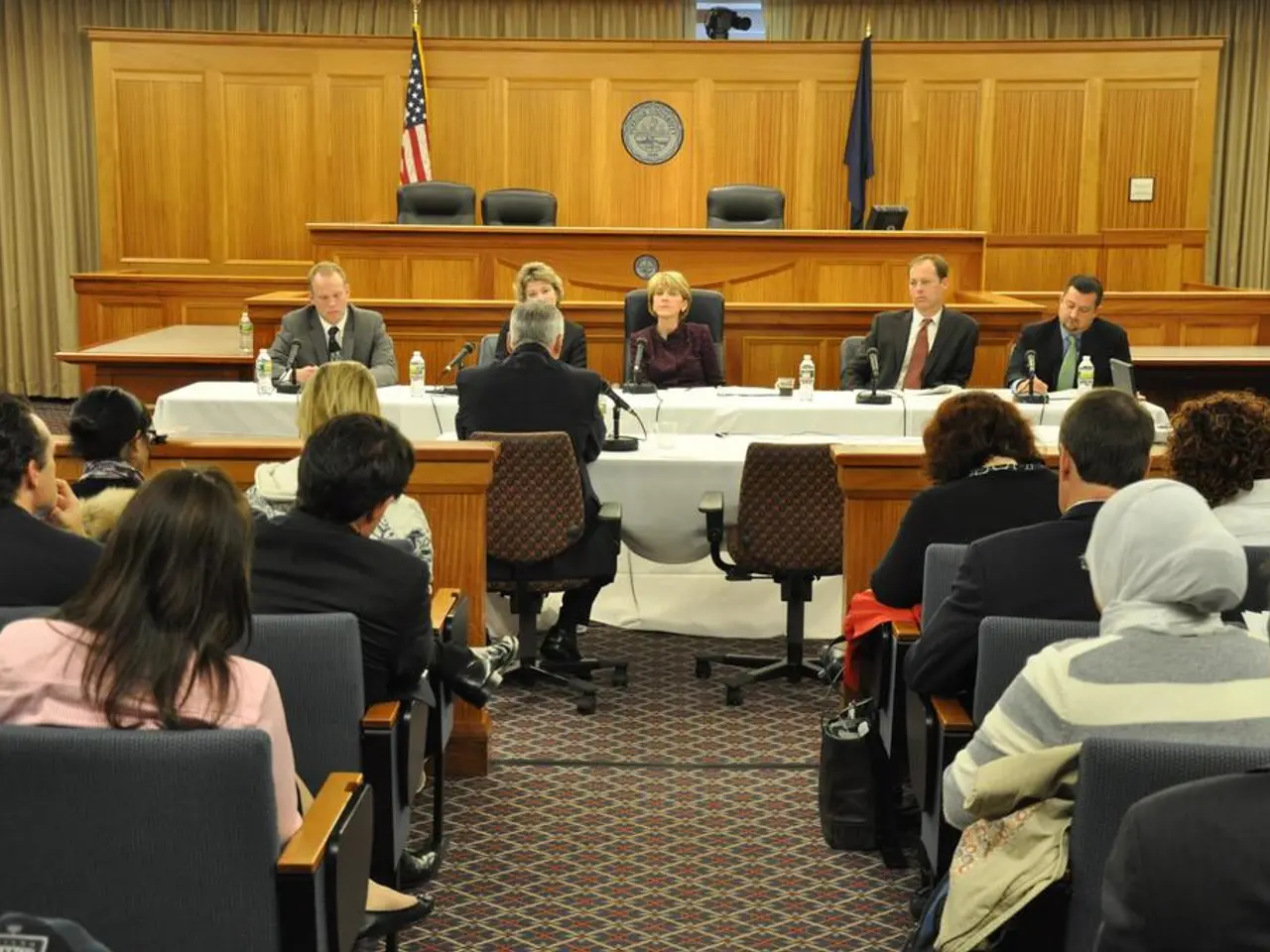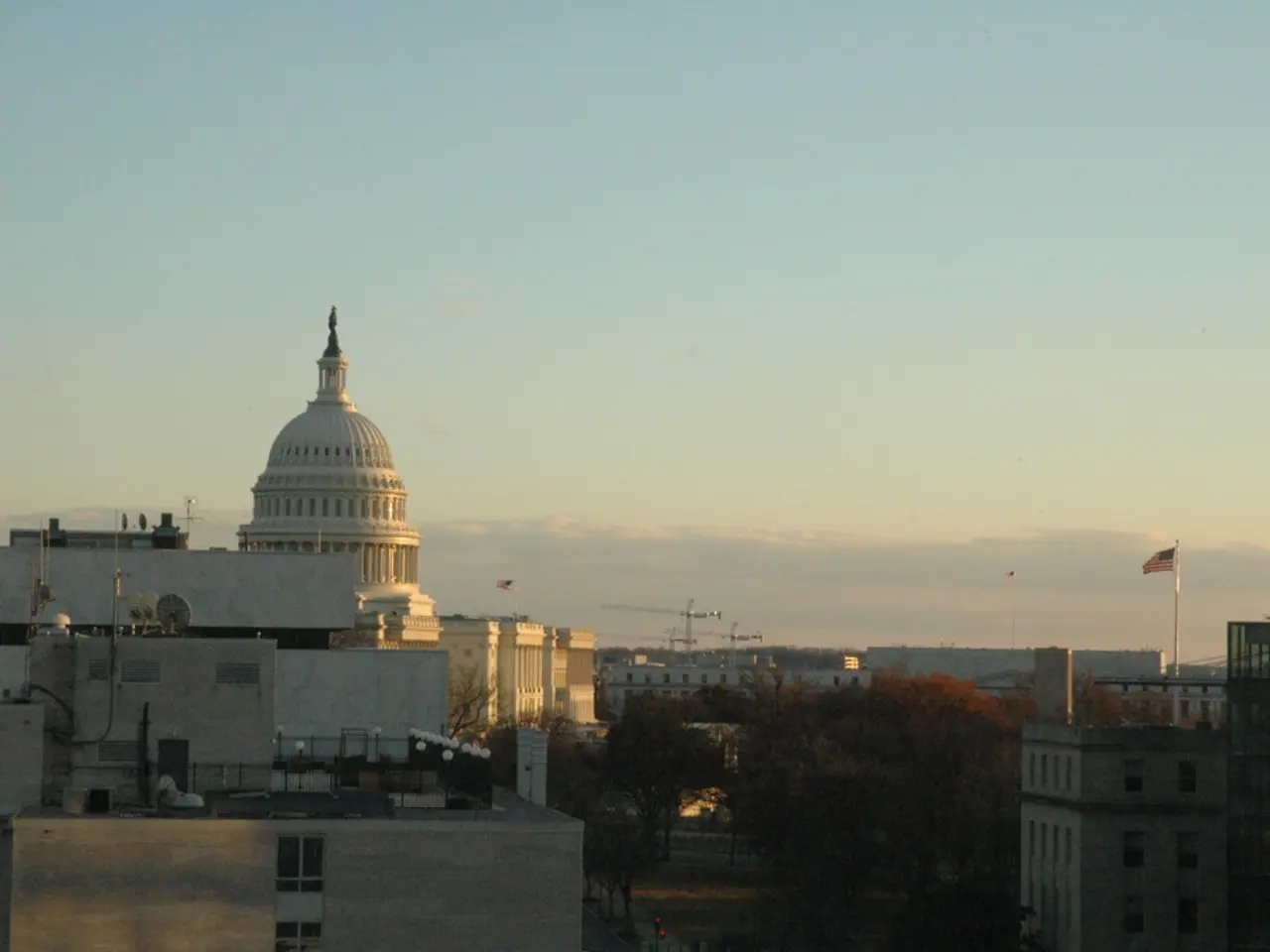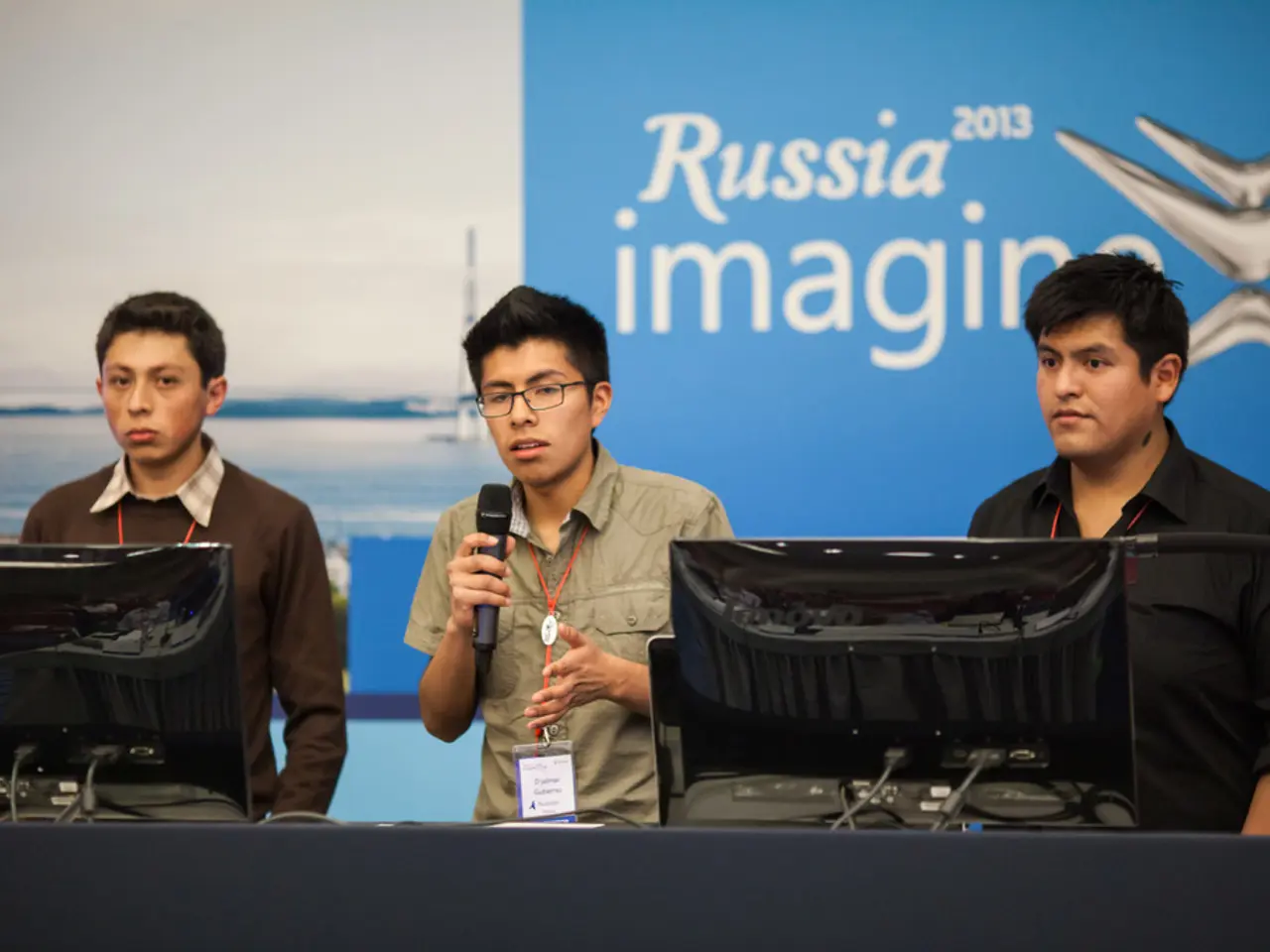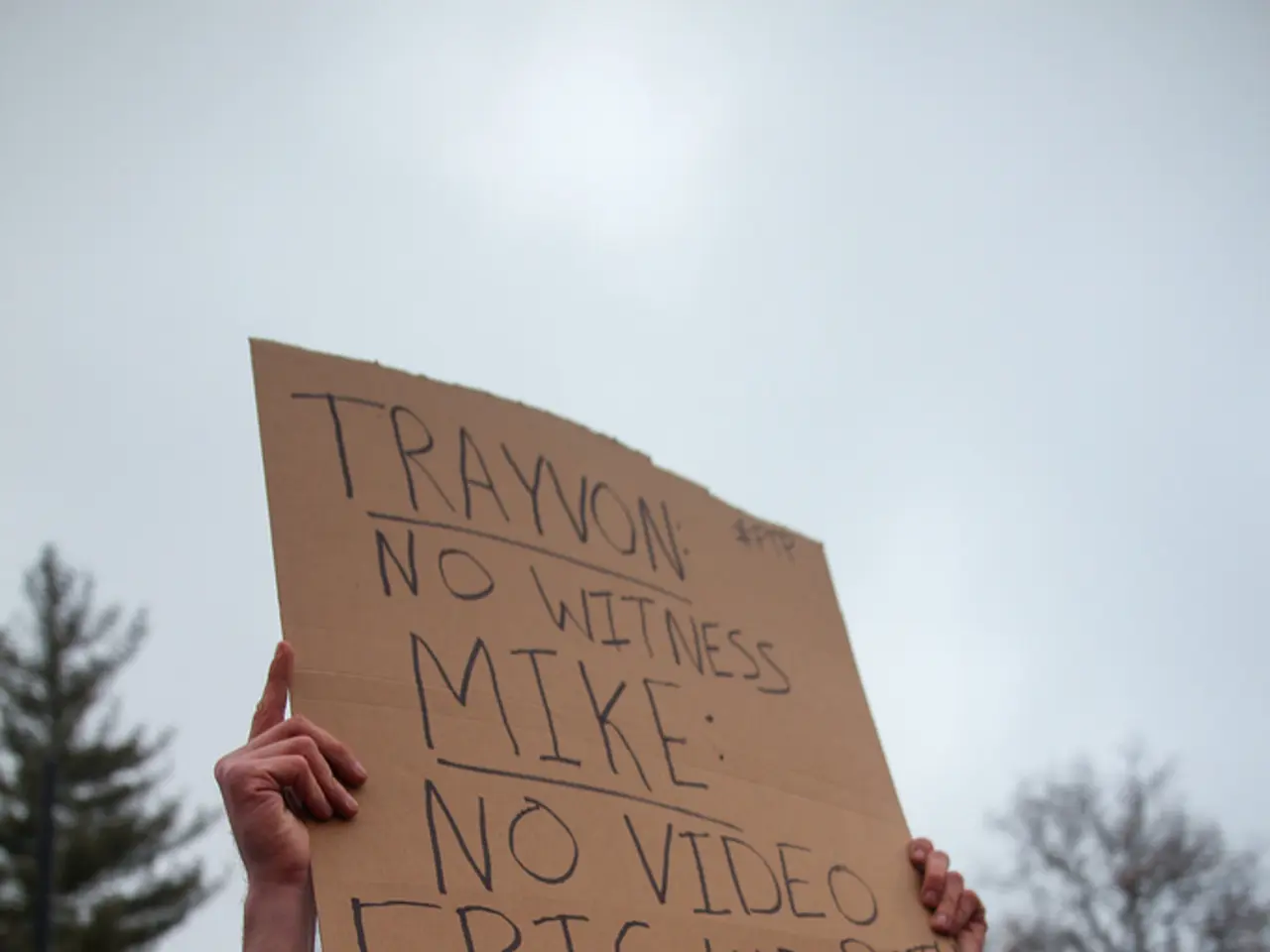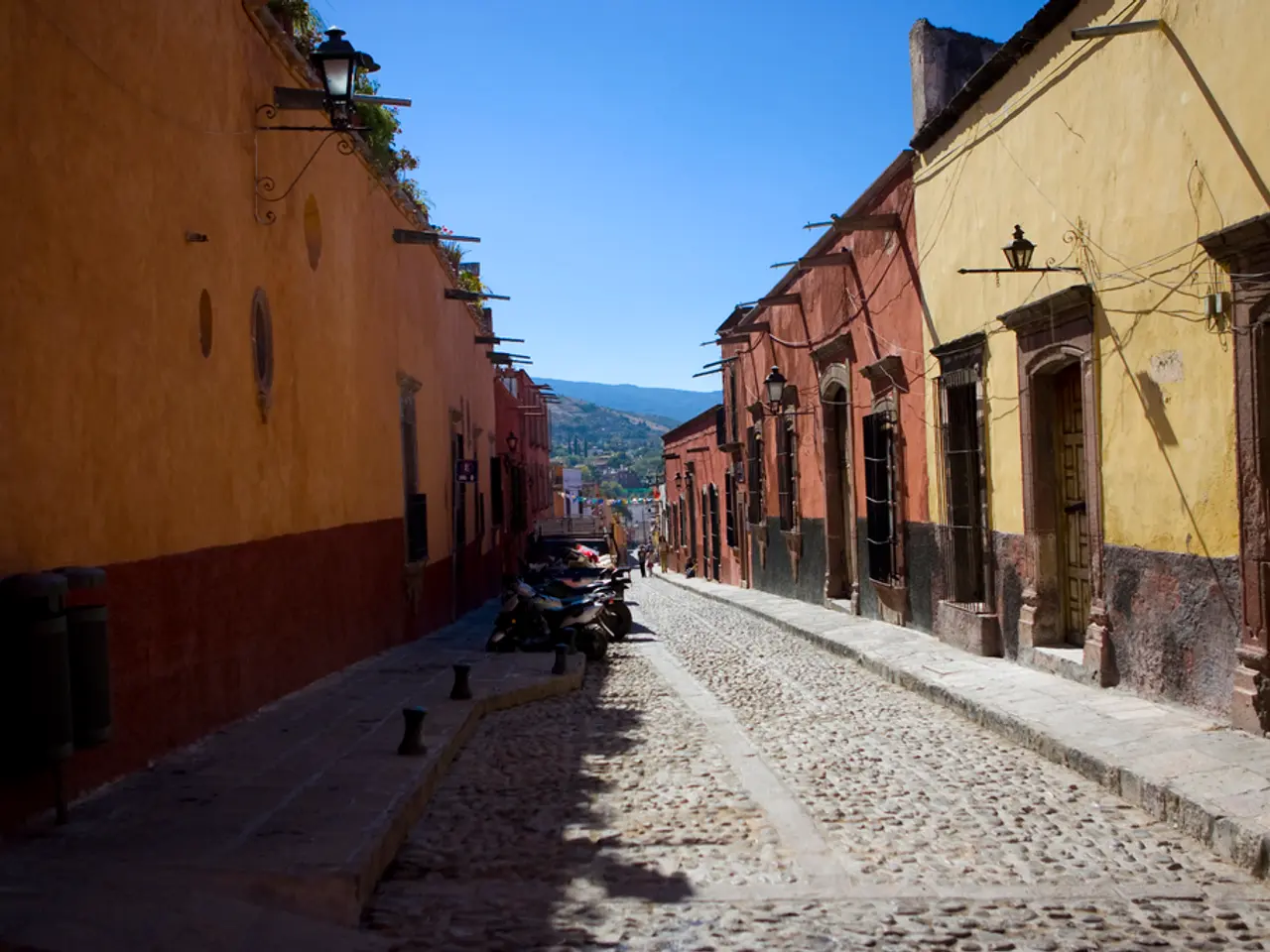Trump's face-to-face encounter with Putin after a lengthy hiatus doesn't guaranteed a halt to the conflict in Ukraine
The upcoming meeting between President Trump and President Putin, scheduled for August 15, 2025, is shaping up to be a significant event in international relations. This encounter, taking place in Alaska, is widely viewed as a strategic and symbolic encounter rather than a guaranteed breakthrough on the Ukraine war.
One key factor influencing the summit is the UAE's non-membership in the International Criminal Court. This fact is important for Putin as it means he doesn't have to worry about being arrested should he attend the meeting.
In recent developments, the U.S. has doubled the reward for Venezuelan President Maduro's arrest to $50m. Meanwhile, the Kremlin's meeting with Witkoff might be an attempt to diffuse Trump's anger and dodge the deadline for ending the war by Friday. However, if NBC's reports are correct, the Putin-Trump summit is conditional on Putin meeting with Ukrainian leader Volodymyr Zelenskyy, which might prevent the summit from happening.
The summit does not necessarily mean there will be a ceasefire in the Ukraine war. Russia's stance is that the meeting could signal a point of agreement, but the Kremlin has always stated that it would only meet at a presidential level if there's something to agree on. The most likely location for the meeting is the United Arab Emirates, a country with good relations with both the US and Russia.
Regarding the substance of the talks, there are reports that Putin may have signaled a possible softening of demands, focusing only on the Donetsk region rather than multiple Ukrainian territories, and showing some flexibility on Ukraine's demilitarization. However, these signals remain unclear and unconfirmed, complicated by contradictory accounts and the absence of Ukrainian President Zelensky from the discussions.
Ukrainian President Zelensky has emphasized that there is no credible sign Putin intends to end the war, calling for continued coordinated efforts from Ukraine, the U.S., and Europe to push Russia towards peace. Russian media is using the summit to claim a diplomatic victory, framing it as sidelining Europe and Ukraine and portraying Russia as a legitimate peacemaker, though many observers see this as a diplomatic strategy to defuse pressure and avoid tougher sanctions from the U.S.
In summary, the Trump-Putin summit is primarily a diplomatic encounter with unclear concrete outcomes on Ukraine. Putin might be slightly moderating territorial demands but has not agreed to ceasefire or major concessions. Ukraine and European actors are not direct participants and express concern about being sidelined. The summit’s potential impact on the war is doubtful, with many experts seeing it as more beneficial to Putin’s diplomatic posture than a genuine step toward peace.
While the Alaska summit could influence U.S. perspectives on the conflict, it is unlikely to immediately or decisively alter the course of the Ukraine war.
- Despite the upcoming Trump-Putin summit potentially being seen as a strategic encounter in politics, it appears sanctions against Russia might remain in place, as there is no guarantee of a significant breakthrough regarding the ongoing war in Ukraine.
- The meeting between President Trump and President Putin in Alaska might have implications for the general-news landscape, with unclear outcomes on the Ukraine war, but politics and negotiations surrounding the summit may lead to Russia signaling a softening of demands, focusing on the Donetsk region, and showing some flexibility on Ukraine's demilitarization.
